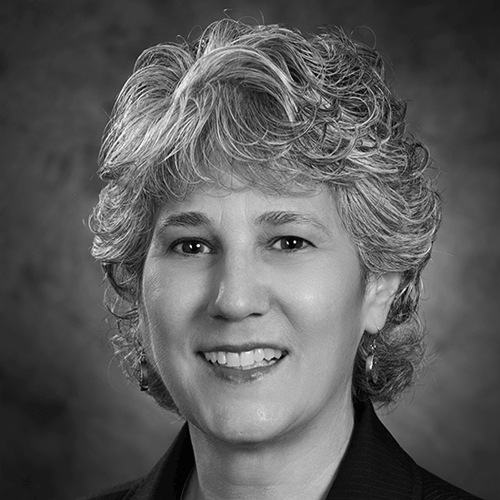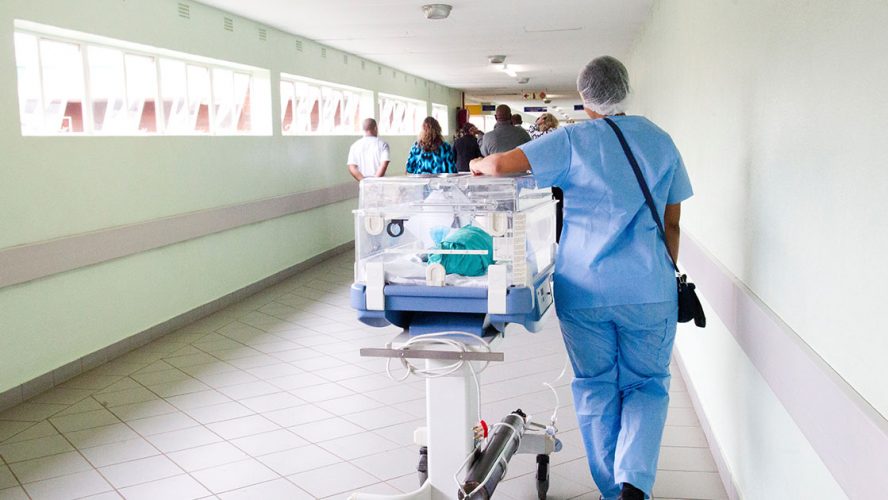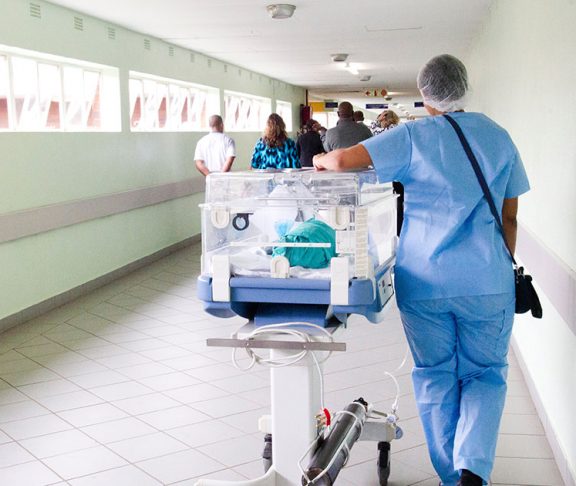
Pamela F. Cipriano, Ph.D., RN, NEA-BC, FAAN
President, American Nurses Association
Nurses are everywhere we live, work, play and learn and in every healthcare setting. The public has ranked nursing the most honest and ethical profession for 16 consecutive years. More than 4 million registered nurses comprise the largest group of healthcare professionals in the United States, and women make up nearly 90 percent of the profession.
A changing landscape
As the demand for health services grows, the nation is calling upon highly capable and educated nurses to provide quality care. Nurses practice in over 100 specialties, such as anesthesia, mental health, cardiac care, pediatrics, surgery, oncology, obstetrics and more. According to the U.S. Bureau of Labor Statistics, specialties that are in greater demand nationwide include: adult intensive care pediatric and neonatal intensive care, telemetry, operating room, dialysis, labor and delivery, and emergency departments. As a result, the government invests millions of dollars in nurse workforce development programs, further underscoring the nurses’ critical role in an ever-changing healthcare landscape.
Healthcare today is complex. It extends beyond the bedside into non-traditional settings and roles. In addition to being clinicians, nurses occupy many roles such as researchers, executives and educators. They are helping to identify and solve many public health challenges and are helping to transform healthcare to focus on health, not just illness. Nurses speak out on issues like immunization, health behaviors, natural disaster preparedness, education and violence prevention.
Building communities
Nurse Lauren Underwood is a U.S. Congressional candidate and former Senior Advisor at the U.S. Department of Health and Human Services who helped communities prevent, prepare for, and respond to natural disasters and public health emergencies. Nurse Patricia Phelps examines incidents of workplace violence and has conducted studies to examine associated factors across multiple clinical settings.
With wide-ranging roles and sheer numbers, nurses are well positioned to identify and improve health across the communities they serve. As a profession comprised of predominately women and representing the front lines of care delivery, nurses must empower each other and leverage the diversity of the profession to inform changes in healthcare that will best serve the needs of all people.

